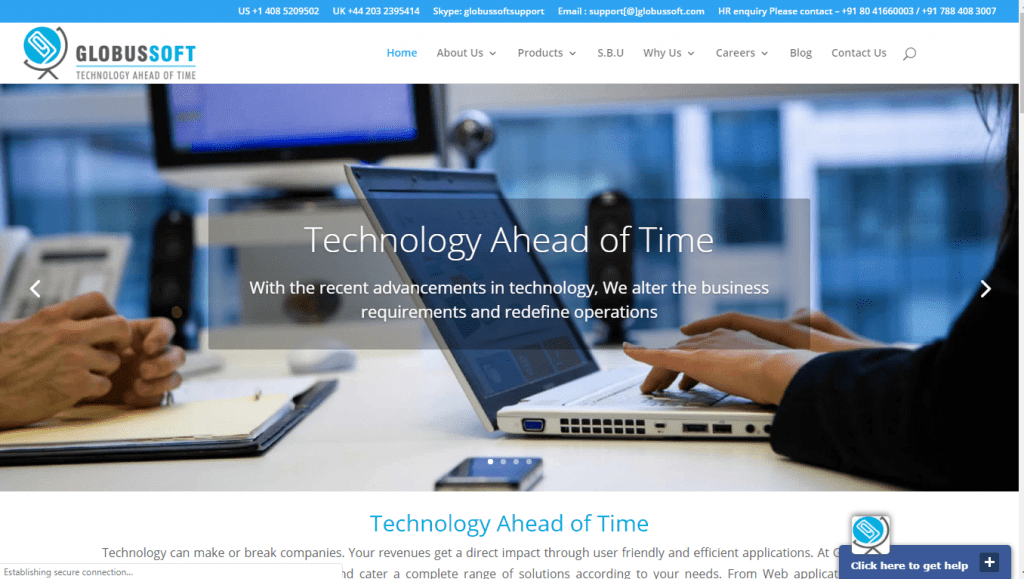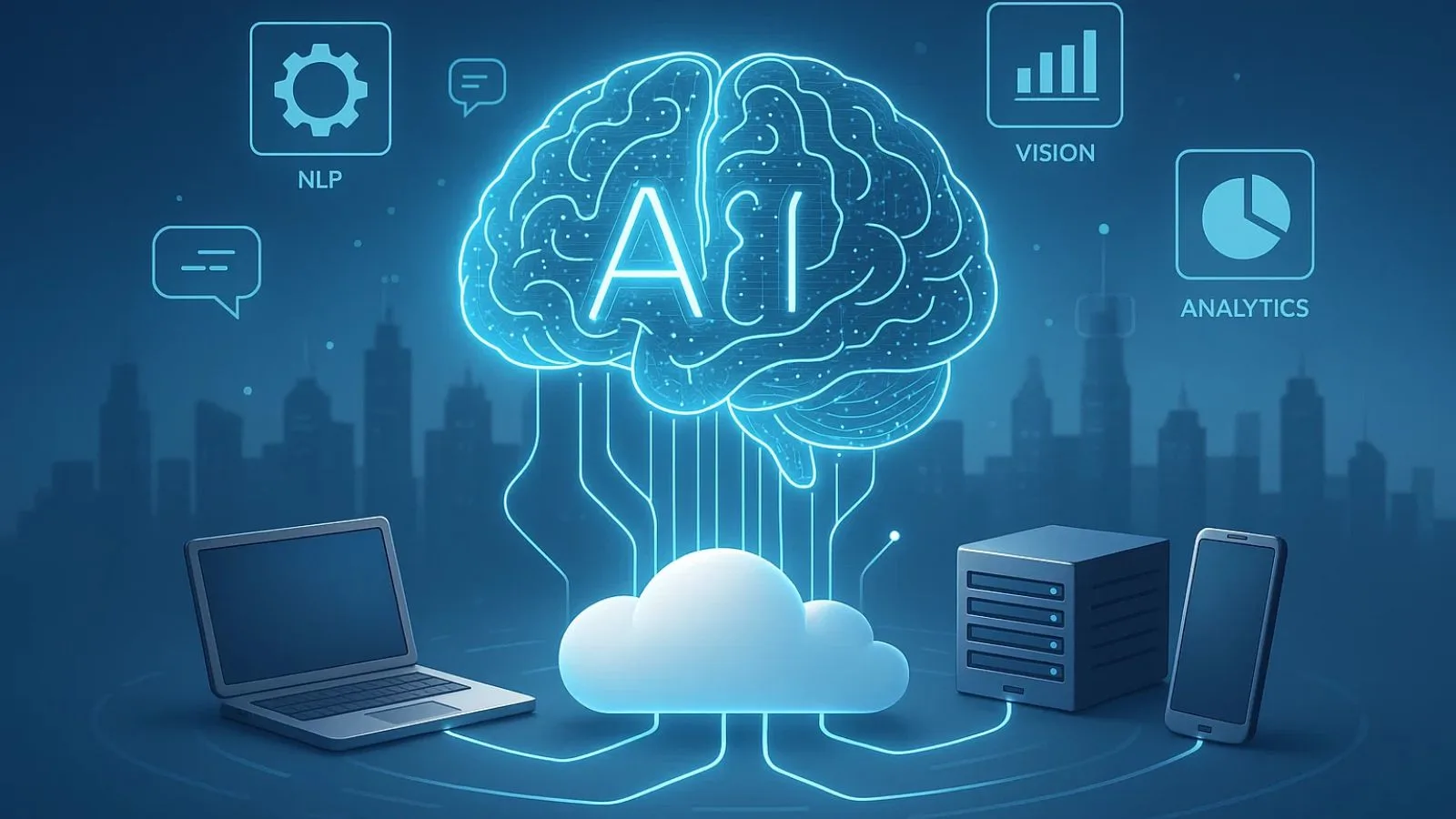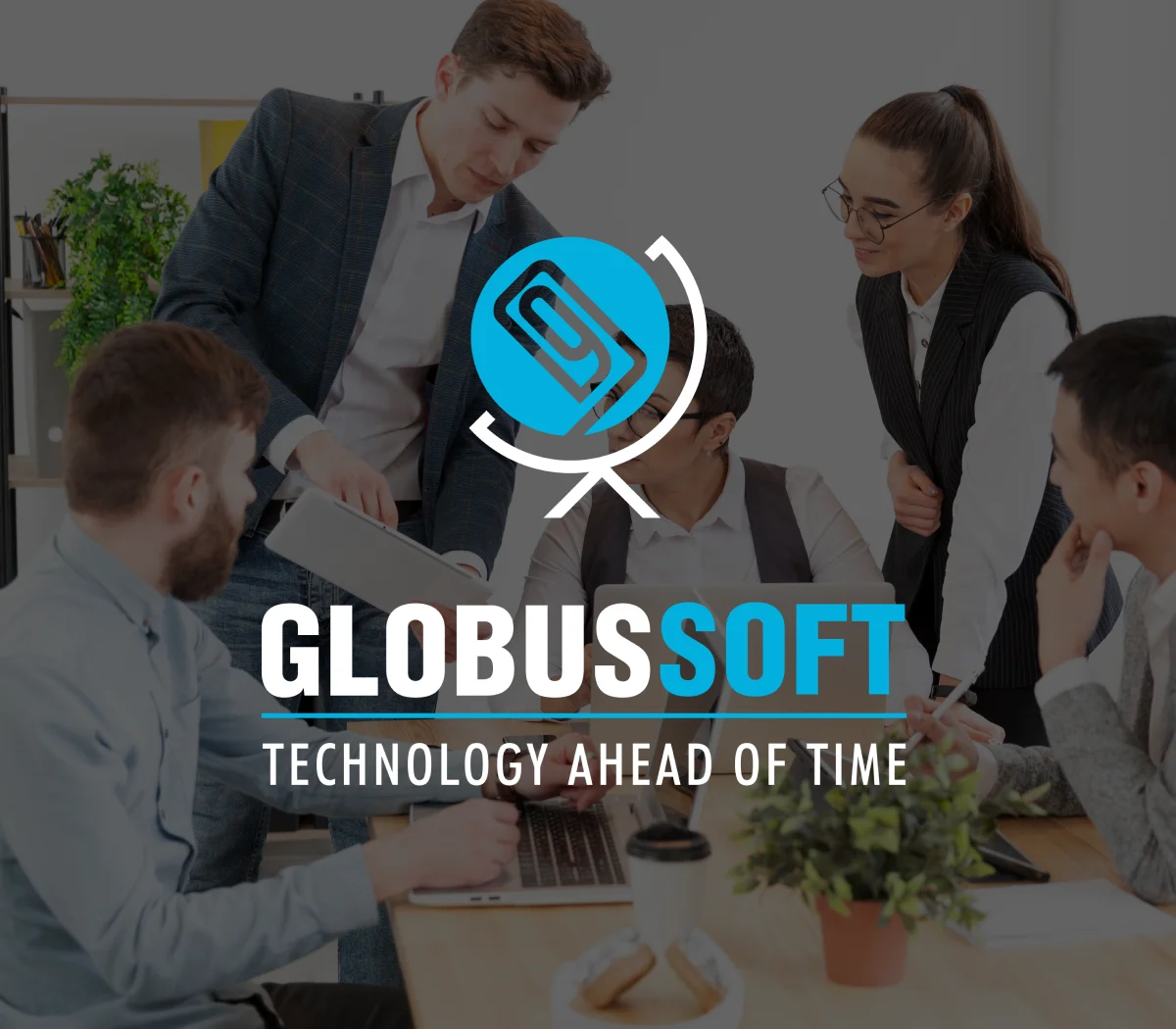
Artificial Intelligence (AI) is no longer limited to tech giants or research labs. Today, even small and medium-sized businesses are adopting AI-driven tools to improve efficiency, personalise customer experiences, and make data-driven decisions. One major factor enabling this accessibility is AI as a Service (AIaaS), a model that allows companies to use advanced AI capabilities without building costly infrastructure or hiring large in-house data teams.
AI as a Service has revolutionised how organisations implement and scale artificial intelligence. It brings together the power of cloud computing and intelligent automation, making it easier for businesses to experiment with and deploy AI solutions at an affordable cost. From startups exploring automation to large enterprises optimising processes, AIaaS has become the bridge between technology and business growth.
As industries continue to digitalize, the ability to use AI efficiently is becoming a key competitive advantage. In the following sections, we’ll explore what AI as a Service means, how it works, its benefits, and how leading companies like Globussoft are helping organizations unlock their true business potential through intelligent solutions.
What is AI as a Service (AIaaS)?
Simply put, AI as a Service enables businesses to integrate smart technology into their operations without worrying about managing hardware, hiring large data teams, or maintaining complex algorithms. It’s like renting AI intelligence where the heavy lifting, model training, and optimization are handled by the provider, allowing companies to focus on applying insights to their real-world goals.
Major technology players such as Amazon Web Services (AWS), Google Cloud, and Microsoft Azure are prominent providers of AIaaS, offering APIs and AI-driven cloud services for different business needs. These platforms allow enterprises to plug in AI functionality such as sentiment analysis, speech recognition, recommendation engines, or chatbot systems directly into their workflows.
This service-based approach is transforming how organizations adopt and scale AI — and AI truly transforms businesses when advanced tools become accessible. With flexible pricing and easy integration, even small businesses can now use machine learning and automation capabilities that were once limited to big corporations.
How AI as a Service Works?
AI as a Service works by delivering artificial intelligence capabilities over the cloud, allowing businesses to access and implement AI tools without building their own infrastructure. Instead of investing in expensive hardware, data storage, and specialized AI teams, companies can simply subscribe to AI services on demand.
Here’s a simple breakdown of how it works:
- Cloud-Based Access – AI models and tools are hosted on the provider’s cloud servers. Businesses access them through APIs, web interfaces, or software integrations.
- Prebuilt AI Models – Providers offer ready-to-use AI solutions like image recognition, speech-to-text conversion, predictive analytics, and natural language processing. Companies can deploy these models immediately without creating AI algorithms from scratch.
- Customization Options – Many AI services allow businesses to train models on their own datasets, ensuring outputs are tailored to specific needs.
- Subscription-Based Pricing – AI as a Service typically operates on a pay-as-you-go model, meaning companies pay for what they use, reducing upfront costs.
- Scalability – Businesses can scale AI capabilities up or down depending on workload, without worrying about server maintenance or additional infrastructure.
Some popular AI as a Service examples include:
- Chatbots for customer support
- Predictive analytics tools for sales and marketing
- Image and video recognition systems
- Sentiment analysis for brand monitoring
- Virtual assistants for automating tasks
By leveraging these services, companies gain access to AI solutions that are both efficient and cost-effective. Unlike building AI in-house, AIaaS allows faster implementation, minimal technical overhead, and immediate business impact.
Key Benefits of AI as a Service for Businesses
Adopting AI as a Service offers multiple advantages for businesses, making it a practical and strategic choice for organizations of all sizes. Here are some of the key benefits:
-
- Scalability and Flexibility
AIaaS allows companies to scale their AI usage according to their needs. Whether a business requires AI for a single project or across multiple departments, services can be easily adjusted without additional infrastructure investments. - Cost Efficiency
Building an in-house AI system can be expensive, requiring specialized hardware, software, and skilled personnel. With AI as a Service, businesses pay only for what they use, significantly reducing operational costs while still accessing advanced AI tools. - Faster Implementation
Prebuilt AI models and ready-to-use APIs allow businesses to deploy AI solutions quickly. This accelerates projects like automating customer service, analyzing data trends, or enhancing marketing campaigns. - Access to Advanced Tools
Through AIaaS, businesses can leverage cutting-edge AI technologies such as machine learning, natural language processing (NLP), computer vision, and predictive analytics, without needing extensive technical expertise. - Continuous Upgrades and Maintenance
AI service providers manage updates and model improvements regularly. This means businesses automatically benefit from the latest AI advancements without investing time or resources in system maintenance. - Enhanced Decision-Making
AI-driven insights help organizations make data-backed decisions, identify trends, and optimize processes. With real-time analytics and predictive capabilities, companies can stay ahead of market demands.
- Scalability and Flexibility
By integrating AI as a Service, businesses not only save costs and time but also unlock innovative ways to improve efficiency, customer experience, and overall performance.
Common AI as a Service Examples
AI as a Service offers a wide range of solutions that help businesses streamline operations and make smarter decisions. Here are some common examples of how AI is applied across industries:
- Customer Support Chatbots
Chatbots powered by natural language processing (NLP) can handle customer queries 24/7, reducing response times and improving user satisfaction. Businesses can deploy these chatbots without developing complex AI systems in-house. - Predictive Analytics
AI-driven analytics tools can forecast sales trends, customer behavior, or inventory needs. By analyzing historical data, companies can make proactive decisions and optimize business strategies. - Image and Video Recognition
AI services can automatically identify objects, faces, or patterns in images and videos. This is useful in e-commerce for visual search, in security for surveillance, or in healthcare for diagnostic imaging. - Sentiment Analysis
Businesses can monitor brand perception and customer feedback using AI-powered sentiment analysis tools. This helps companies understand how customers feel about products, services, or marketing campaigns. - Virtual Assistants and Automation
AI virtual assistants can automate repetitive tasks such as scheduling, email management, and report generation, freeing employees to focus on strategic work.
These AI as a service examples demonstrate how companies can leverage AI services to improve efficiency, reduce costs, and enhance decision-making. The beauty of AIaaS is that these tools are ready to deploy, scalable, and often customizable to meet specific business needs.
Driving Business Growth Through Smart AI Innovations
One company making a mark in the AI space is Globussoft, which offers a variety of AI-driven solutions to help businesses scale smarter and faster. Through its products, Globussoft provides AI services that simplify complex processes and enhance decision-making.
For example, tools like AdsGPT leverage artificial intelligence to automate ad creation and optimize marketing campaigns, saving time and improving campaign performance. Similarly, PowerAdSpy uses AI-powered analytics to track competitor strategies, helping businesses make data-driven marketing decisions.
These offerings are a prime example of how AI as a Service can be delivered in practical, accessible ways. Businesses don’t need to develop AI models from scratch; they can use these ready-made solutions to improve efficiency, enhance customer engagement, and gain actionable insights.
In essence, Globussoft demonstrates how partnering with an experienced AI solutions provider can help organizations unlock the true potential of AI without heavy upfront investments or complex technical setups.
How to Choose the Right AI Solutions Provider?
Selecting the right AI solutions providerstyle is crucial to ensure that your business maximizes the benefits of AI as a Service. Here are some key factors to consider:
- style=”list-style-type: none;”>
-
- Data Security and Privacy
Ensure that the provider follows strict security protocols and complies with relevant data protection regulations. AI often involves processing sensitive business or customer data, so trust and security are paramount. - Customization Capabilities
A good AI service should allow businesses to tailor AI models to their specific needs. Look for providers that offer flexible APIs, training options, or integration with your existing systems. - Integration with Existing Systems
The provider should support seamless integration with your current software and workflows. Smooth implementation ensures minimal disruption and faster adoption across your organization. - Scalability of Solutions<b>
As your business grows, your AI requirements may change. Choose a provider that can scale services up or down, whether you need more processing power, additional features, or support for new projects. - Technical Support and Documentation
Reliable support is essential, especially if your team is new to AI. Check if the provider offers comprehensive documentation, tutorials, and customer support channels. - Track Record and Expertise
Consider the provider’s experience in delivering artificial intelligence services. Case studies, client testimonials, and industry reputation can provide confidence in their ability to deliver results.
- Data Security and Privacy
-
By keeping these factors in mind, businesses can select the right AI solutions provider to effectively implement AI as a Service and achieve measurable outcomes, and this is exactly why many organizations trust established names like Globussoft when stepping into AI-driven transformation.
Also Read,
How AI Technology Trends Are Powering Business Growth?
How Enterprise AI Transforms Businesses?
The Future of AI as a Service
style=”font-weight: 400;”>The future of AI as a Service is bright, with advancements like generative AI, automation, and predictive analytics continuing to evolve. Businesses will increasingly rely on AIaaS to streamline operations, enhance customer experiences, and make smarter decisions. As technology becomes more accessible, AI will no longer be a luxury—it will be an essential part of modern business strategy.
Conclusion
AI as a Service is transforming how businesses operate, offering scalable, cost-effective, and easy-to-implement solutions. By leveraging AI tools and partnering with trusted AI solutions providers like Globussoft, organizations can unlock new opportunities, improve efficiency, and stay competitive in an increasingly digital world.
FAQs:
- Can small businesses benefit from AI as a Service?
Yes, AIaaS allows small businesses to access advanced AI tools without heavy investment in infrastructure or specialized staff. Even startups can implement chatbots, predictive analytics, or automation solutions affordably. - How secure is AI as a Service for sensitive data?
Most reputable AI service providers follow strict data protection and privacy standards. Businesses should verify compliance with regulations like GDPR and choose providers with robust security protocols. - Do AI as a Service solutions require technical expertise to use?
Not necessarily. Many AIaaS tools come with user-friendly interfaces, APIs, and prebuilt models, making them accessible to teams without deep technical knowledge. Providers often offer support and documentation to help with implementation.





